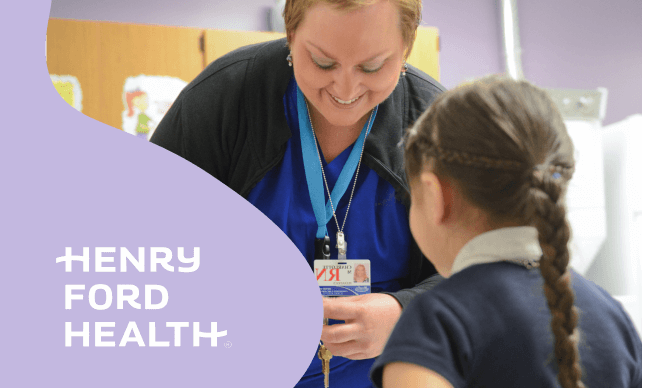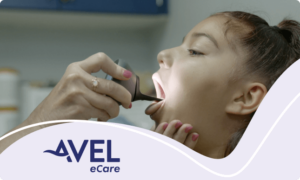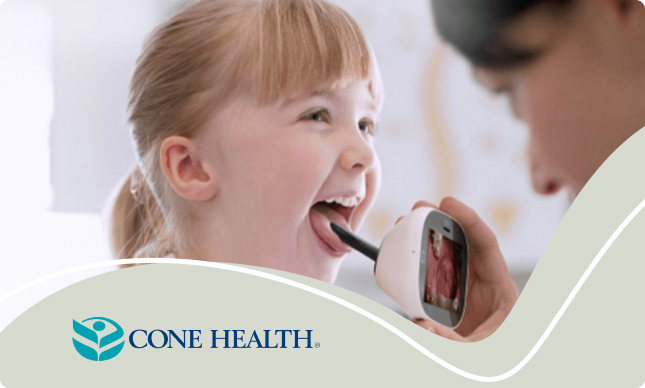How Henry Ford Health System improved access to healthcare in schools

Henry Ford Health System is a non-profit healthcare organization located in Southeast Michigan and Metro Detroit which was founded in 1915 by auto pioneer Henry Ford. It includes several medical centers, specialty care institutes, hospitals, and a large group practice. As part of Henry Ford’s commitment to the social, economic, and educational needs of the people it serves, the system runs the School-Based Community Health Program. This program serves the primary care needs of children and adolescents in the area, providing them with school-based primary care services regardless of their ability to pay or health insurance coverage status.
Most children in the area attend school in the Detroit Public Schools Community District (DPSCD). The DPSCD comprises 106 schools and has over 50,000 enrolled students, making it the largest school district in the state. The students of the DPSCD face some significant challenges. 78% of students in the district qualify for free or reduced lunch. 12.6% are English language learners. 57% of Detroit’s children live below the federal poverty line. Many Detroit residents cannot adequately access primary care, and the prevalence of health problems like asthma and diabetes in Detroit falls above the state and national averages.
Many students in the DPSCD lack access to pediatric medical care, forcing them to seek care in emergency rooms for non-emergency situations. ED visits are problematic as they involve long hospital wait times and high medical bills for treatment. ED visits also cause a strain on providers, depleting funds and resources. What’s more, when a child is treated at the ED, the care they receive becomes disjointed, rather than being managed in a centralized, coordinated way. Lower school attendance due to medical reasons detracts from the quality of education students receive. High rates of absenteeism also directly impact school funding, causing negative repercussions for the school.
The role of school-based telehealth
Not all schools employ a full-time nurse—those who do often find that their services are limited to basic first aid. Anything more serious requires that students be sent home until they can visit a doctor, causing them to miss school and their parents to miss work. Some schools can’t afford to have a nurse on staff and must rely on assistants to provide minimal care at school. These assistants lack the training and resources to effectively serve students’ health needs. Poor school attendance is particularly damaging for low-income or underserved students who already lack access to primary care.
School telehealth provides students with quality care right on site. It enables students to maintain school attendance and can lead to better health outcomes. School-based telehealth can also help manage the healthcare needs of students with chronic medical conditions.
Vital solutions
When Henry Ford decided to provide telehealth services in schools to DPSCD students, they started integrating TytoCare into their existing infrastructure. Some school-based medical clinics throughout the district were already staffed by nurses or medical assistants who could now utilize TytoCare to expand the medical services they offer. TytoCare was the missing link that brought Henry Ford’s school-based telehealth to the next level, with real-time video visits with a pediatric nurse practitioner or a physician from a central location at the school.
With TytoCare, Henry Ford significantly increased the utilization of existing in-school clinics. Parents received a consent form at the beginning of the school year, allowing nurse and pediatric providers to provide medical care for students. Henry Ford expanded its school-based telehealth service to 10,000 new students in less than six months. DPSCD now offers telehealth services in 14 schools in and outside the city of Detroit. TytoCare gave Henry Ford the ability to expand school-based telehealth to additional schools faster using their existing centralized resources and at a lower cost.
Looking forward
As the Detroit Public Schools Community District’s core values state, it is essential to be bold and to innovate, using every resource strategically to meet students’ individual needs. School-based telehealth can ensure that all members of the community have access to the tools and resources they need to be successful.
Budgeting for school-based telehealth is the main priority of school districts looking to implement this transformative solution. As Henry Ford Medical Group looks to expand their virtual care offering to better serve the children of the DPSCD, they seek grant funding to allow them to increase the number of nurse-staffed clinics offering TytoCare in schools. This will provide affordable, appropriate, and accessible medical coverage for children throughout Southeast Michigan and Metro Detroit. Changing the face of pediatric care through comprehensive school-based telehealth will go a long way to improve both health and learning outcomes. Learn more in the case study.





